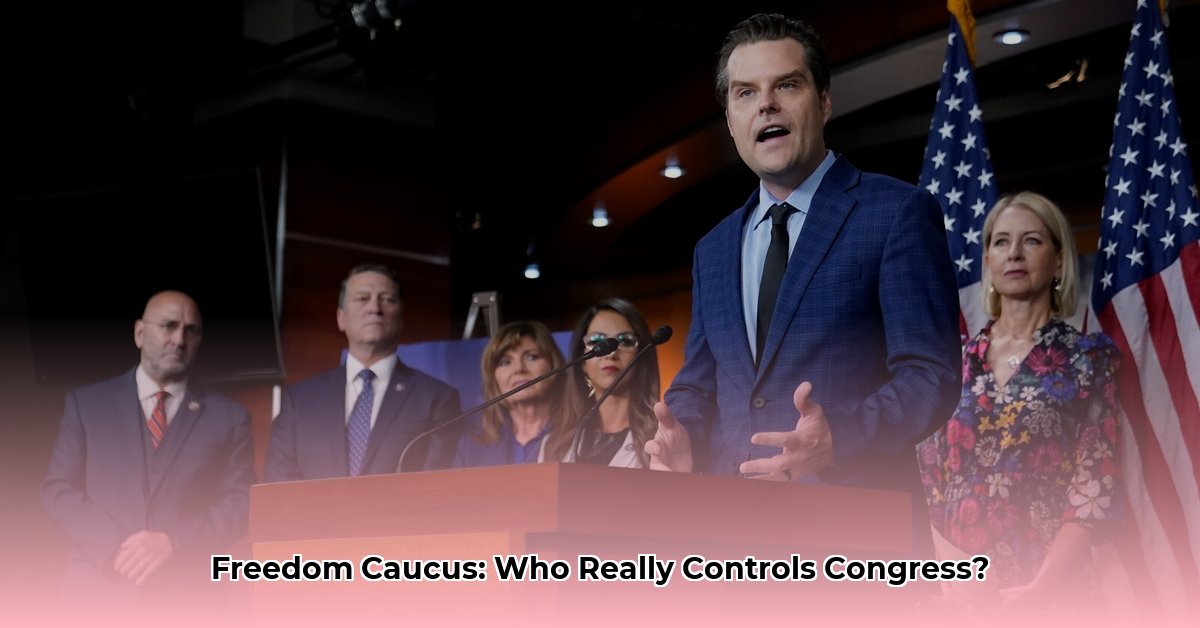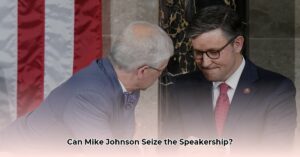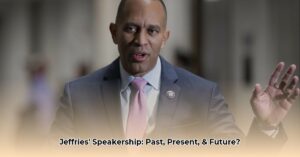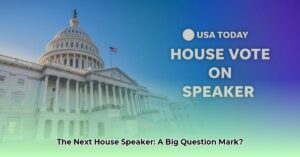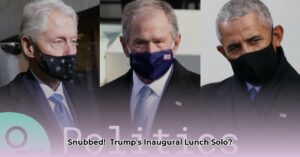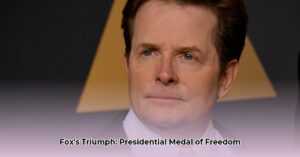The 2023 Speaker of the House election was far from routine. Instead of a swift transfer of power, the House of Representatives descended into a days-long political battle, largely orchestrated by the House Freedom Caucus (HFC). This small but powerful group of hard-right Republicans leveraged a narrow GOP majority to extract significant concessions from eventual Speaker Kevin McCarthy, reshaping the House’s power dynamics and raising questions about the future of governance.
A Timeline of Disruption: How the HFC Wielded Power
This timeline details the HFC’s pivotal role in transforming the Speaker election from a formality into a historic political showdown.
| Date | Event | Key HFC Actions | Outcome |
|---|---|---|---|
| Early Jan | Speaker election begins; McCarthy lacks initial support | Withhold votes for McCarthy, demonstrating their influence; Mike Johnson emerges as an alternative candidate. | Stalemate, no Speaker elected. Public airing of grievances and policy demands. |
| Jan 3-6 | Multiple rounds of voting with no winner; closed-door negotiations occur | Strategic voting blocs and public statements to apply pressure; HFC members meet with McCarthy to negotiate specific concessions. | Continued deadlock, increased tension. Media speculation about potential compromises and rule changes. |
| Jan 7 | McCarthy wins Speakership after 15th round of voting | Agreement on rule changes, including restoring the motion to vacate the chair with a single member threshold. | McCarthy becomes Speaker, but with significant concessions that empower the HFC. |
| Ongoing | 119th Congress legislative session begins | Increased sway over legislative agenda and House procedures; HFC members secure key committee assignments. | Potential for increased legislative gridlock and political maneuvering; Shift in power dynamics within the Republican Party. |
Inside the HFC Playbook: Strategies and Demands
The HFC’s influence stemmed from a calculated strategy, employing a range of tactics to maximize their leverage. Their demands went beyond a simple change in leadership, aiming to fundamentally alter the balance of power within the House.
Key Tactics:
- Strategic Voting Bloc: The HFC voted as a unified bloc, denying McCarthy the speakership in initial rounds and demonstrating their power to disrupt the process.
- Public Pressure: HFC members actively engaged with media, publicly outlining their demands and criticizing McCarthy, creating pressure for concessions.
- Negotiation: The HFC engaged in intense negotiations, leveraging their crucial votes to secure specific rule changes and policy commitments.
Key Demands and Concessions Won:
| Demand | Concession Won | Potential Impact |
|---|---|---|
| Motion to Vacate Threshold | Lowered to a single member | Increased HFC power to challenge McCarthy’s leadership, potentially leading to instability. |
| Committee Representation | More seats on key committees (e.g., Rules, Appropriations) | Increased influence over legislation and spending. |
| Balanced Budget Amendment | Commitment to pursue | Potential for significant changes to government fiscal policy, including spending cuts. |
| Congressional Term Limits | Commitment to pursue | Potential long-term changes in the composition of Congress. |
| Border Security | Commitment to stricter measures | Possibly stricter enforcement and increased border patrol resources. |
| Investigations (e.g., FBI, Biden Administration) | Commitment to launch investigations | Increased scrutiny of agencies and potential political implications. |
Key Players: The Architects of Disruption
Several figures within the HFC emerged as central players in this political drama. Rep. Scott Perry (PA), the HFC chair, served as a lead negotiator and spokesperson. Rep. Chip Roy (TX) played a key role in shaping the group’s strategy and negotiating rule changes. Other influential members included Reps. Andy Biggs (AZ), Matt Gaetz (FL), and Lauren Boebert (CO). Their varying styles, from pragmatic deal-making to more confrontational tactics, contributed to the HFC’s overall impact.
The Fallout: A Reshaped House and an Uncertain Future
The HFC’s success in reshaping the House rules raises crucial questions about the future of governance. Some analysts suggest the concessions won could empower a small faction to obstruct legislation and increase political gridlock. Others believe the changes offer a necessary check on leadership and a return to conservative principles.
The impact on the Republican Party is also unclear. While the concessions may have temporarily unified the party behind McCarthy, they also exposed deep divisions and the growing influence of its more hardline wing. The long-term effects on legislative effectiveness, the balance of power within the GOP, and the stability of House leadership remain to be seen. The 118th Congress, and likely beyond, will serve as a testing ground for the consequences of the HFC’s unprecedented influence.

